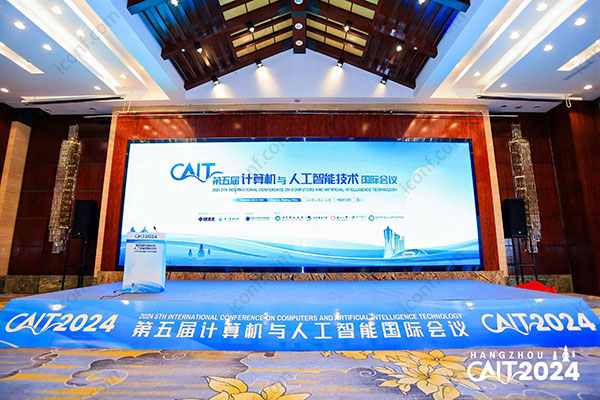

12 views||Release time: Mar 24, 2025
Image Processing Call for Papers: Pioneer Innovations at iConf 2025
The field of image processing is at the forefront of technological advancement, driving breakthroughs in healthcare, autonomous systems, environmental monitoring, and beyond. If your work focuses on enhancing, analyzing, or interpreting visual data, iConf 2025 invites you to respond to its Image Processing call for papers. Share your research with a global audience of experts, collaborate across disciplines, and accelerate real-world impact through iConf.com—the premier platform for academic and industry-driven innovation.

Global Visibility & Prestige
Present your work to 5,000+ attendees from top institutions (MIT, Stanford), industry leaders (Google AI, NVIDIA), and healthcare innovators. Accepted papers are published in IEEE Xplore or Springer LNCS proceedings, ensuring high citation potential.
Cutting-Edge Themes for 2025
iConf prioritizes transformative topics, including:
Rigorous Peer Review
Submissions are evaluated by a panel of 150+ experts in computer vision, biomedical engineering, and AI ethics. Authors receive actionable feedback to refine their work.
Networking Opportunities
Join workshops on tools like PyTorch and OpenCV, pitch sessions with venture capitalists, and live demos of imaging startups.
Choose Your Track
Visit iConf.com/call-for-papers to select a focus area:
Prepare Your Submission
Meet Critical Deadlines
Leverage Submission Tools
Use iConf’s AI-powered Pre-Submission Checker to assess originality, clarity, and alignment with conference themes.
FAQ: Image Processing Call for Papers
Q: Does iConf accept industry or applied research?
A: Yes! We welcome submissions from academia, startups, and corporations, including case studies and datasets.
Q: Are there awards for students?
A: iConf offers Best Student Paper Awards (cash prizes + mentorship) and travel grants for underrepresented regions.
Q: Is there a publication fee?
A: Fees apply only upon acceptance and include open-access publication, conference access, and networking events.
Q: Can I submit work-in-progress research?
A: Short papers and posters are ideal for preliminary findings.